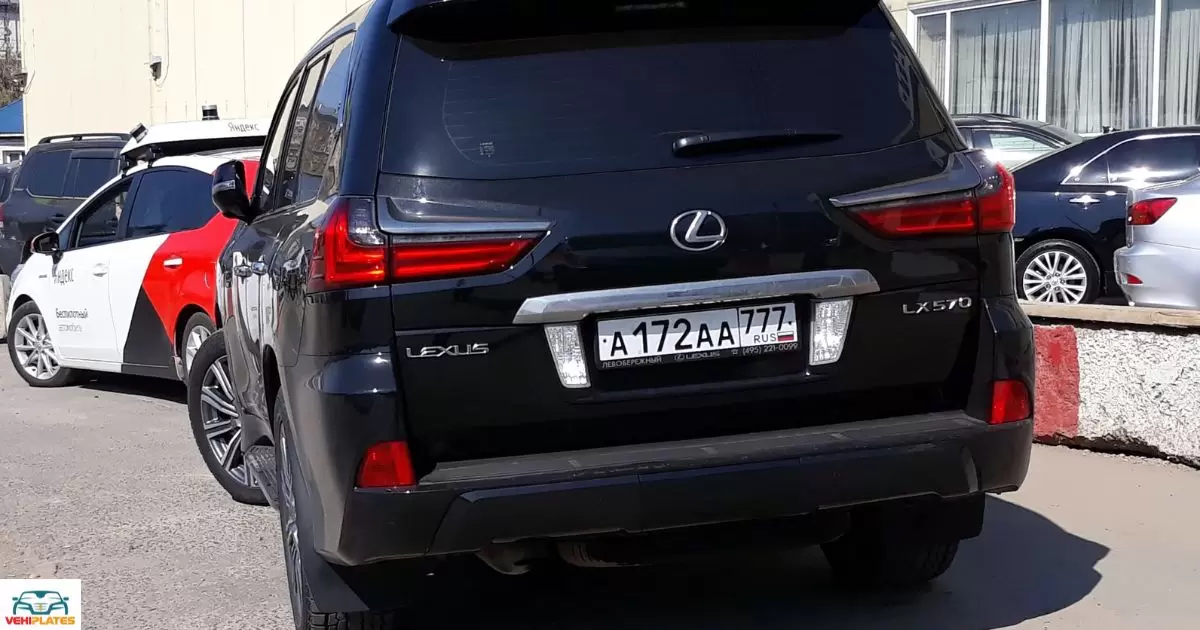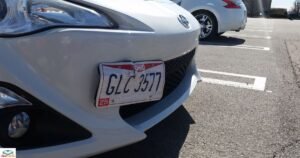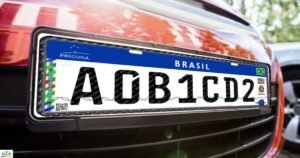A license plate number is a unique combination of letters and numbers assigned to a vehicle by the government. It serves as a means of identification for that vehicle, allowing authorities to track ownership, registration, and other pertinent information.
What Can A Person Do With Your License Plate Number? Imagine someone having access to your license plate number and the potential implications. From accessing personal information to tracking your whereabouts, the possibilities are concerning.
With your license plate number, someone could potentially gather personal information about you, such as your address or contact details. They could use it to track your movements or even attempt to impersonate you.
License Plate Number Basics
License plate numbers are unique alphanumeric identifiers assigned to vehicles by government authorities. They serve as essential means of identification for vehicles, aiding in registration, ownership tracking, and law enforcement purposes.
Each license plate number is distinct, allowing for easy identification of vehicles on the road. Understanding these basics is crucial for maintaining compliance with vehicle regulations and ensuring proper identification.
Accessing Personal Information via License Plate
Accessing personal information via a license plate involves utilizing various databases and online resources to gather details about the vehicle owner. This may include obtaining the individual’s name, address, and contact information associated with the plate number.
Such access to personal data raises concerns about privacy and the potential misuse of this information for nefarious purposes.
Tracking Movements Using a License Plate

- With access to a plate number, individuals or entities can monitor the movement patterns of a vehicle.
- This tracking capability raises concerns about privacy and surveillance.
- Utilizing various technologies, such as automated license plate readers, makes tracking movements more efficient.
- The potential misuse of this information underscores the importance of safeguarding license plate numbers.
Potential Risks of License Plate Number Exposure
Exposing your license plate number poses significant risks, opening the door for potential misuse. It can lead to unauthorized access to personal information, including your address and contact details.
It increases the likelihood of being tracked without consent, compromising your privacy and security. It’s crucial to be vigilant and take steps to protect your plate number from unauthorized access.
Implications for Privacy with License Plate Numbers
| Implications for Privacy with License Plate Numbers |
| 1. Unauthorized Access to Personal Information |
| 2. Increased Risk of Surveillance and Tracking |
| 3. Potential for Identity Theft and Fraud |
| 4. Compromised Security and Safety |
| 5. Need for Vigilance and Safeguarding |
License plate numbers serve as unique identifiers, but their exposure can jeopardize privacy, leading to concerns such as surveillance, identity theft, and compromised security.
Legal Protections for License Plate Information
Legal protections for license plate information vary by jurisdiction. In some areas, laws are in place to limit access to this data, ensuring it is only available to authorized individuals or entities for specific purposes such as law enforcement or vehicle registration.
Enforcement and interpretation of these laws can differ, leading to potential loopholes or challenges in safeguarding license plate privacy.
Safeguarding Your License Plate Number

- Safeguarding your license plate number, including knowing how to fix a bent license plate, is crucial to protecting your privacy and security.
- Avoid sharing your license plate number unnecessarily and be cautious about who has access to it.
- Keep physical copies of documents with your license plate number secure and out of sight.
Technology and License Plate Tracking
Advancements in technology have significantly enhanced license plate tracking capabilities. With the use of automated license plate recognition (ALPR) systems and databases, law enforcement agencies and other entities can quickly identify and track vehicles in real-time.
This technology raises important questions about privacy and surveillance, as it allows for extensive monitoring of individuals’ movements based solely on their license plate numbers.
License Plate Scams and Frauds
License Plate Scams and Frauds: Scammers may clone license plates to evade tolls or commit crimes, implicating innocent vehicle owners.
Identity Theft: Fraudsters exploit license plate numbers to steal identities or perpetrate fraudulent activities.
Car Theft: Criminals may use stolen license plate numbers to disguise stolen vehicles or avoid detection.
Online Scams: License plate numbers might be used in online scams, such as fake vehicle sales or phishing schemes.
FAQ’s
How can someone obtain my license plate number?
Someone can obtain your license plate number by visually noting it, accessing public records, or using surveillance cameras.
Can someone track my location with my license plate number?
Yes, someone with access to your license plate number can potentially track your location using various databases or surveillance systems.
Is it legal for someone to use my license plate number without my permission?
Using your license plate number without permission may be legal in some cases, such as for law enforcement or government agencies, but unauthorized use could lead to legal consequences.
Conclusion
Protecting your license plate number is crucial in safeguarding your personal information and privacy. With the potential for identity theft, tracking, and scams, it’s essential to be vigilant about who has access to this information.
By staying informed and taking proactive steps to secure your license plate number, you can mitigate the risks associated with its misuse. Always remember to prioritize your privacy and safety on the road.










